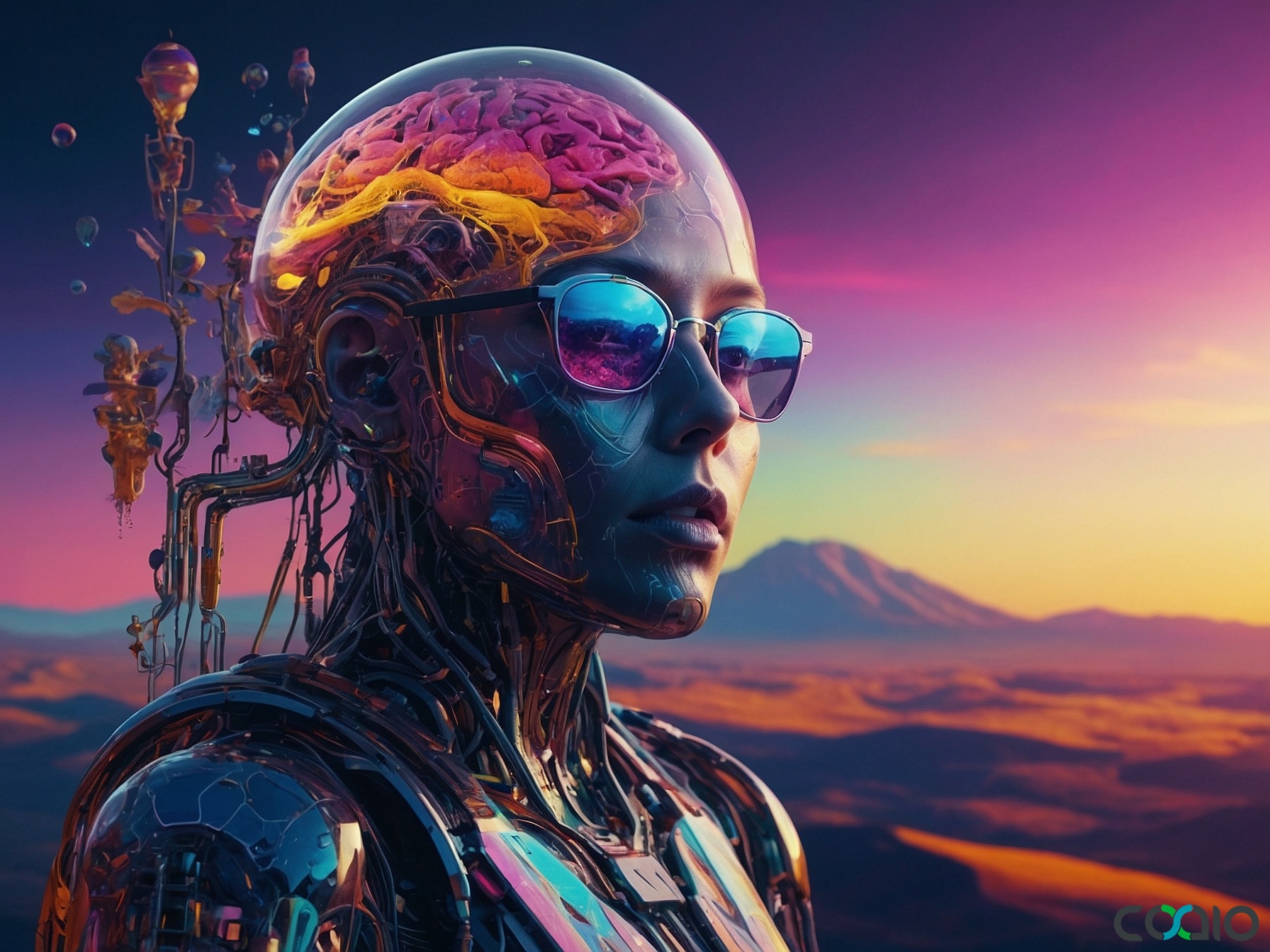
Revolutionizing Software Development: Top Innovations and Trends in 2025
As of August 16, 2025, the software development landscape is buzzing with groundbreaking advancements that promise to enhance efficiency, interoperability, and innovation across platforms. From AI-driven coding tools to cross-operating system virtualization, these developments are reshaping how developers build, deploy, and manage applications. This article dives into the latest news, exploring key announcements and their potential impact on the industry, while drawing connections to practical solutions for startups and growth-stage companies.
Overview of Recent Software Development News
The tech world has seen a flurry of exciting updates this month, with companies pushing the boundaries of what’s possible in software engineering. These innovations come at a time when developers are increasingly seeking tools that streamline workflows, reduce compatibility issues, and integrate AI for smarter decision-making. For instance, the ability to run Windows applications on Linux or macOS without extensive rework addresses long-standing pain points in cross-platform development, potentially saving teams countless hours.
One standout story is InstallAware’s launch of “Project OS/3,” a setup virtualization technology that allows Windows binaries to run seamlessly on Linux and macOS. This move is particularly timely as more organizations adopt hybrid environments to leverage the strengths of different operating systems. According to SD Times, InstallAware has built this framework on two decades of expertise, enabling developers to bypass traditional compatibility hurdles. This innovation could democratize access to powerful Windows-based tools for users in Linux-heavy ecosystems, such as data centers or open-source projects.
Key Innovations in Cross-Platform and AI Technologies
Diving deeper, let’s examine the major announcements that are capturing attention. First, InstallAware’s “Project OS/3” stands out as a game-changer for cross-platform compatibility. By virtualizing installation processes, it eliminates the need for developers to rewrite code for different OSes, which is a common bottleneck in projects involving legacy software. SD Times reports that this technology leverages InstallAware’s established prowess in platform-native installations, making it easier for enterprises to maintain unified development environments. Imagine a developer working on a financial application that needs to run on both Windows for its robust ecosystem and Linux for cost-effective servers—this tool could bridge that gap effortlessly.
Complementing this, Progress Software has rolled out MarkLogic Server 12, which introduces advanced semantic search and graph Retrieval-Augmented Generation (RAG) capabilities. This update is designed to integrate generative AI with trusted organizational data, ensuring more accurate and context-aware results. As detailed in SD Times, the release was unveiled at Ai4 2025, highlighting how AI can be grounded in real-world data to avoid hallucinations and improve decision-making. For software developers, this means building applications that deliver personalized experiences, such as recommendation engines or intelligent search features, with greater reliability.
On the AI front, Google’s coding agent Jules has received a significant upgrade with critique functionality. This enhancement allows the AI to review and suggest improvements to code in real-time, fostering a more iterative development process. SD Times explains that this feature shifts code reviews earlier in the workflow, potentially reducing bugs and accelerating deployment cycles. In an era where rapid prototyping is key, tools like Jules could help teams iterate faster, making it easier to experiment with new ideas without extensive manual oversight.
Monitoring tools are also evolving, as evidenced by Sentry’s new MCP monitoring solution. This tool provides developers with insights into server performance, error rates, and usage patterns, allowing for proactive issue resolution. According to SD Times, users can correlate errors with traffic spikes or identify slow-performing tools, which is invaluable for maintaining high-availability applications. This level of visibility is crucial in today’s distributed systems, where downtime can cost businesses dearly.
Finally, shifting gears to the financial side of tech, the Winklevoss twins’ crypto exchange Gemini has filed for an initial public offering (IPO), as reported by TechCrunch. This move signals growing mainstream acceptance of cryptocurrency platforms and could influence software development in fintech. As more crypto firms go public, developers might need to build scalable, secure systems to handle increased transaction volumes and regulatory scrutiny, blending traditional software engineering with blockchain expertise.
Implications for Developers and Businesses
These developments have far-reaching implications, particularly for startups and growth-stage firms navigating the complexities of modern software development. Cross-platform tools like Project OS/3 could reduce development costs by minimizing the need for multiple codebases, while AI enhancements in tools like Jules and MarkLogic Server 12 promise to automate routine tasks and enhance code quality. For businesses, this means faster time-to-market and more resilient applications.
In this context, outsourcing specialized software development can be a strategic advantage. By partnering with experts who handle everything from business analysis to project management, companies can focus on their core innovations rather than getting bogged down in technical details. This approach not only accelerates development but also ensures high-quality, user-friendly designs tailored to global markets.
As we look ahead, these trends underscore the importance of adaptable, AI-integrated strategies in software engineering. The ability to leverage tools that span operating systems and incorporate intelligent feedback loops will be essential for staying competitive.
To wrap up this exploration, let’s imagine a world where bold ideas drive success, not the hurdles of implementation. Picture founders channeling their creativity into groundbreaking software, supported by seamless processes that minimize risks and maximize efficiency. That’s the essence of turning visionary concepts into reality—empowering innovators to build without barriers, where every line of code brings ideas to life with precision and purpose.
About Coaio
Coaio Limited is a Hong Kong-based tech firm that specializes in outsourcing software development and building dedicated teams in Vietnam. We offer comprehensive services including business analysis, competitor research, risk identification, design, development, and project management, delivering cost-effective, high-quality software solutions for startups and growth-stage companies. With a focus on user-friendly designs and efficient tech management for clients in the US and Hong Kong, Coaio helps you streamline your development process, reduce risks, and bring your ideas to market faster, allowing you to concentrate on what matters most—your vision.
 English
English
 Français
Français
 Español
Español
 廣東話
廣東話
 中文
中文
 日本語
日本語
 한국어
한국어
 العربية
العربية
 Deutsch
Deutsch

